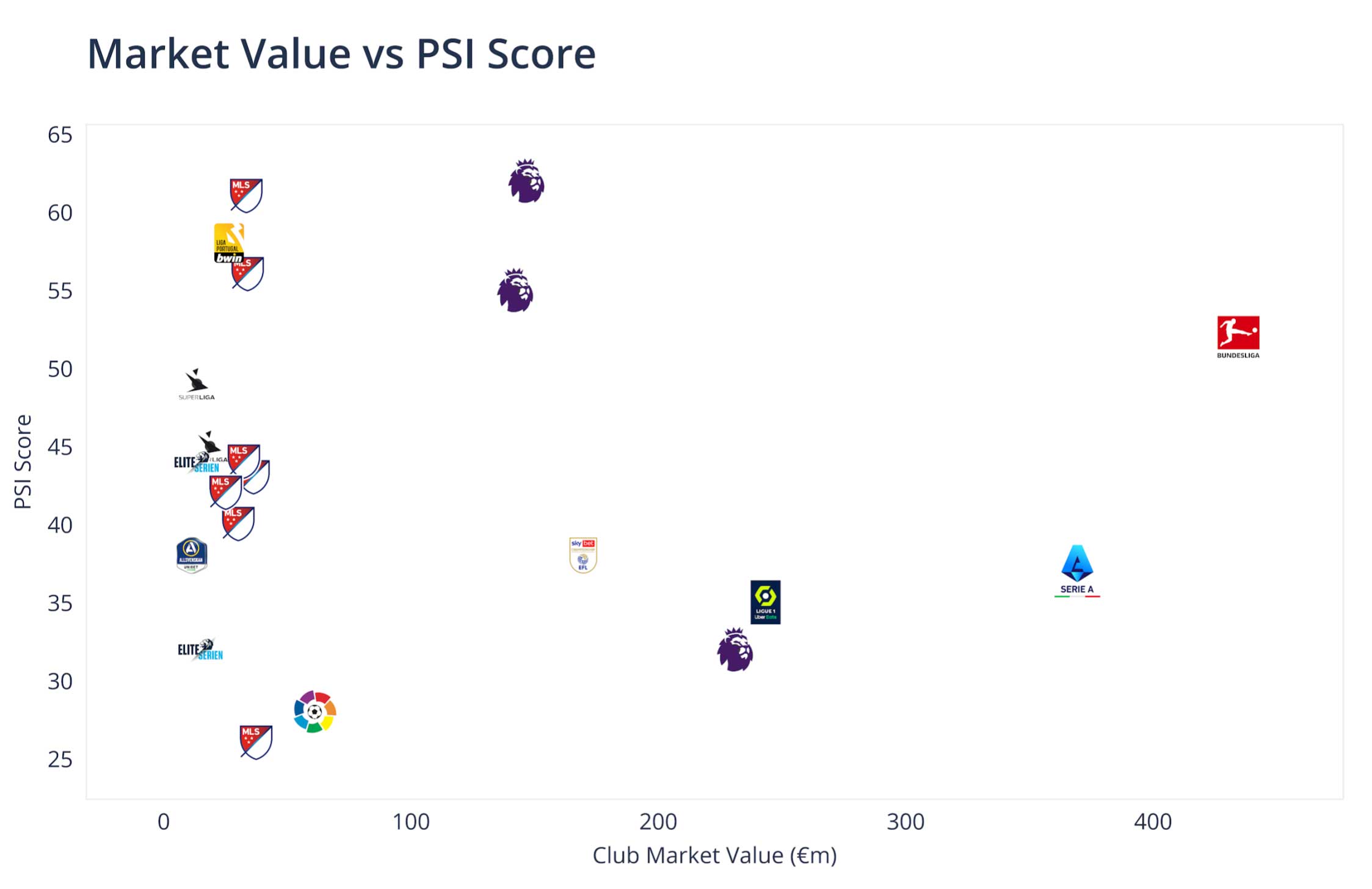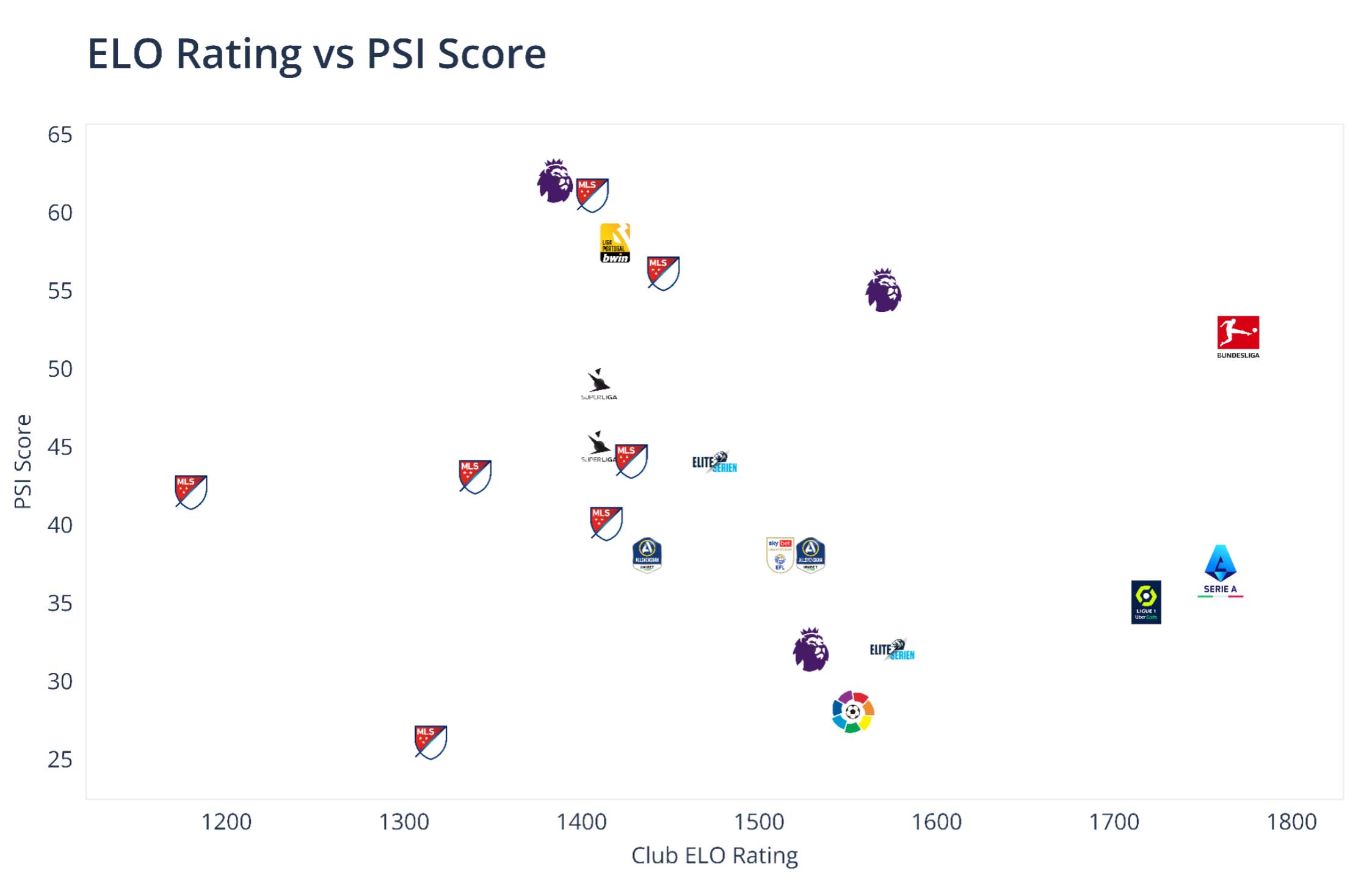For practitioners, it is often difficult to know where to start, which variable to collect, and how to have a meaningful impact on training practices, players’ health, and overall team performance.
Is sport science making a real difference and improving success on the pitch?
The value of sport science to practical, real-world applications continues to progress as teams apply greater discipline to their data and analytics approach. But for practitioners, it is often difficult to know where to start, which variable to collect, and how to have a meaningful impact on training practices, players’ health, and overall team performance.
Sport Science Relevance in the Real World
In reality, very little is known about actual sport performance practices in real-life scenarios in terms of process, variables monitored, and frequency of collection, storage, treatment and use to make decisions. Overall, there is a lack of consensus in terms of best performance science practices.
To help clubs assess their current performance science practices, we developed the Kitman Labs Performance Science Index™ (PSI) guidebook. The PSI results—and benchmarking the results with respect to peers—form the basis of discussions with practitioners around the outcomes the club is trying to achieve and inform what data and analytics will provide the greatest insight to realize these goals.
To help clubs understand the application of the PSI in everyday life, we recently published research that looks at the relationship between overall PSI scores and market value, as well as PSI scores and Elo ranking, for a selection of representative clubs. These clubs all completed the Performance Science Index survey at the same time (start of the 2021-2022 season) and had similar data health checks. See Figure 1 below for the relationship between PSI score and market value.

The results show a large variability of overall PSI scores; overall PSI scores do not seem to correlate with clubs’ wealth. This highlights that there are many ways to skin a cat, and that cultural biases and beliefs are likely more important than economics when it comes to implementing and using performance science.

Based on the lack of correlation between PSI scores and Elo value (Figure 2), there may be more important factors behind the ability of teams to win matches and trophies, such as player roster, competition squad composition and tactical models. PSI scores should be examined in relation to other important aspects of the game, such as player availability and health, or even injury burden.
Key Takeaways:
- The Performance Science Index (PSI) is a useful tool to assess a club’s current performance science practices and allows practitioners to understand where gaps may exist in their typical data workflow, collection, storage, and data analysis.
- The lack of association between PSI scores and economical, performance and cultural contexts reflects practitioners’ vision on the value of sport science – which may (or may not) be associated with success on the pitch.
- Examining the association between PSI scores and other important aspects of the game, such as players availability and health, or even injury burden would provide another dimension to the importance of the PSI and should be the focus of future investigations.
We encourage you to read the full paper to understand the approach, data sources, analysis, limitations, and practical applications behind this study.
In addition, please feel free to reach out to one of our performance experts at info@kitmanlabs.com to see how your performance science practices stack up.




